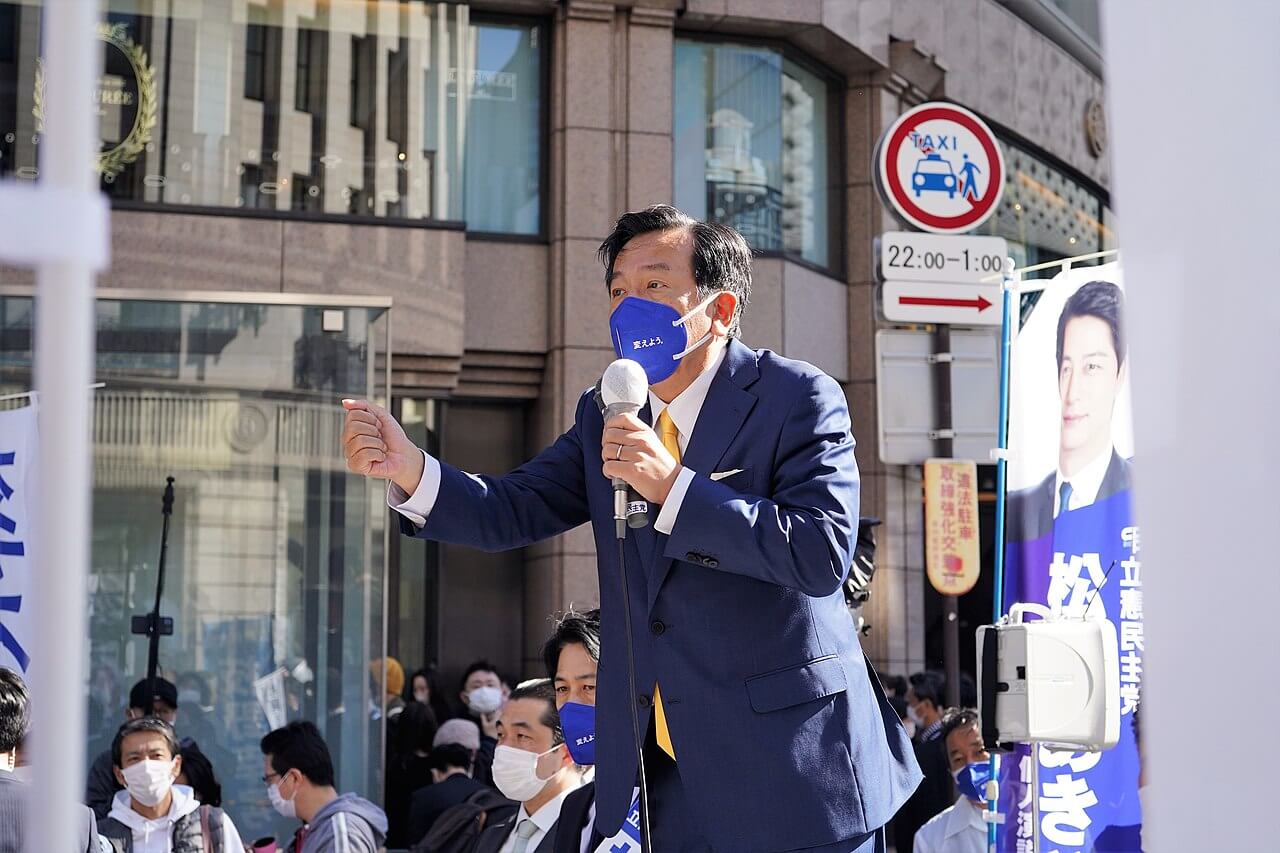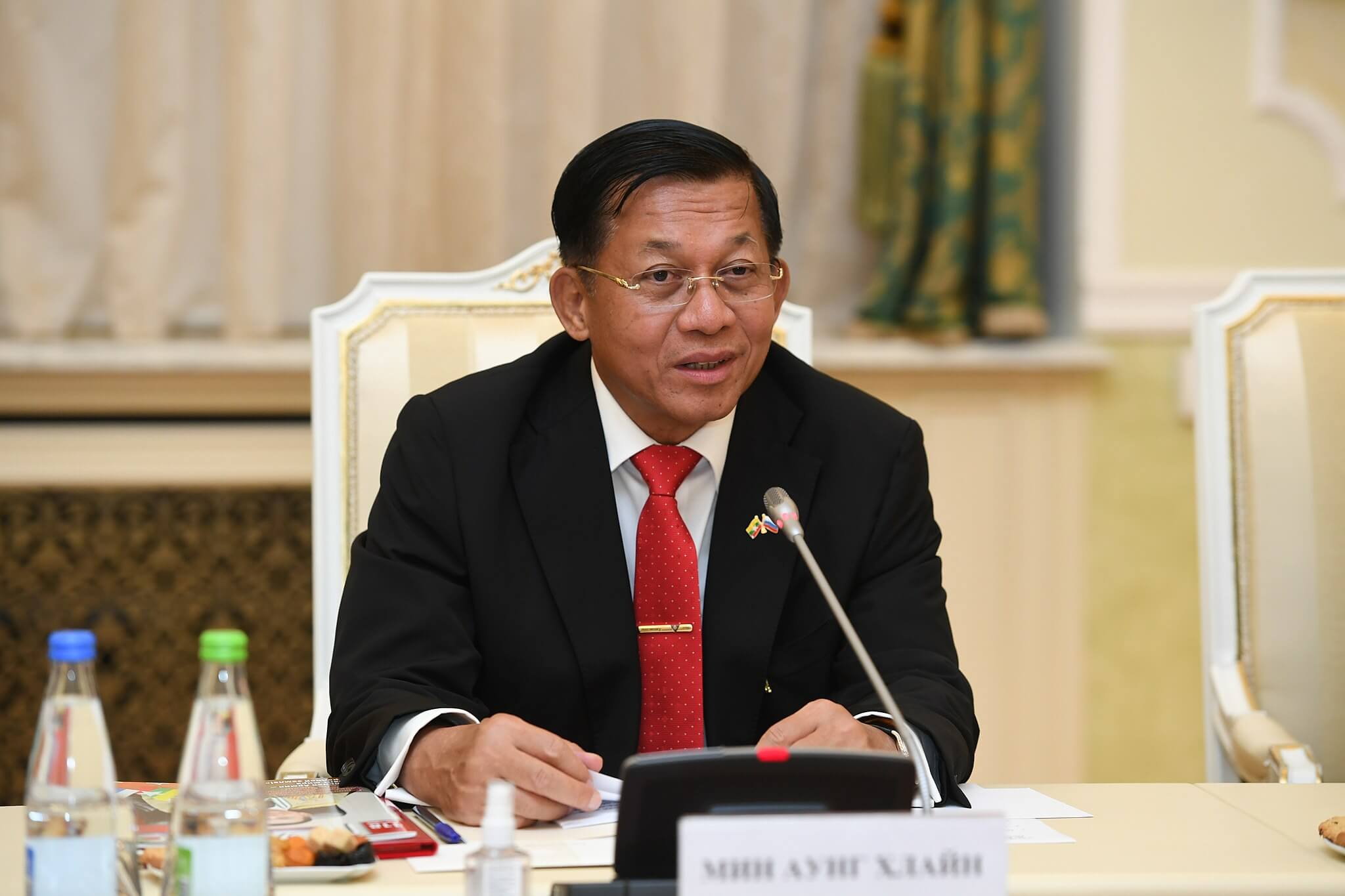Taiwan leader Tsai Ing-wen addressing the people on October 10.
Source: 總統府 via
Wikimedia CommonsIn the past month, a sharp escalation in tensions around the Taiwan Strait has further soured relations between Taiwan and China. During the four first days of October, roughly 150 Chinese aircraft
crossed into Taiwan’s air defence zone. Taiwan’s Mainland Affairs Council later responded by
accusing China of "seriously damaging the status quo of peace and stability in the Taiwan Strait”, to which China
responded that "Engaging in Taiwan independence is a dead end. China will take all steps needed and firmly smash any Taiwan independence plots". China also accused the US of meddling.
Reports came out later that a number of US military personnel have been secretly training troops in Taiwan since 2020. A major departure from previous US policy.
Approximately a week later on October 10, Taiwan leader Tsai Ing-wen
addressed the latest provocations by promising stronger defences and further collaborations with regional partners to maintain security and counter military expansions from China. Tsai
also stressed the importance of maintaining dialogue to improve cross-strait relations while highlighting Taiwan’s dedication to democracy and regional peace. A day before, marking the 110th anniversary since the Chinese Revolution, Chinese President Xi Jinping
vowed for “reunification of the motherland by peaceful means”.
On top of the latest tensions between China and Taiwan, the US president Joe Biden stirred controversy by
explicitly saying “yes” during a town hall event when asked if he would "vow to protect Taiwan'', and keep up with the latest developments surrounding China’s testing of a hypersonic missile. Thus contradicting the position of “strategic ambiguity” over Taiwan. A White House Spokesperson quickly retracted the comments afterwards, reaffirming that no change in policy had been made on Taiwan.




